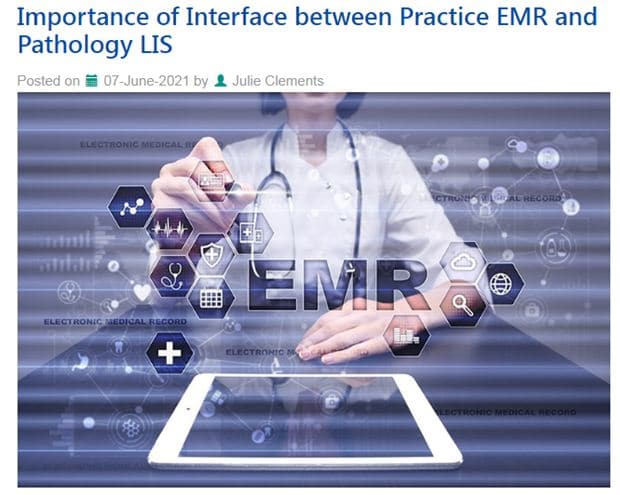 Antipsychotic medications and mood stabilizing drugs are typically prescribed for patients with psychiatric disorders to ameliorate symptoms, decrease the potential for a relapse and avoid the need for hospitalization. Now, a group of researchers in the UK and Sweden have found that antipsychotic and mood stabilizing medications can reduce the rates of violent crimes by patients with psychiatric problems. According to them, people who administered antipsychotic medications such as clozapine or risperidone to treat psychiatric illness are nearly half as likely to commit a violent crime as compared to if they are not using such drugs.
Antipsychotic medications and mood stabilizing drugs are typically prescribed for patients with psychiatric disorders to ameliorate symptoms, decrease the potential for a relapse and avoid the need for hospitalization. Now, a group of researchers in the UK and Sweden have found that antipsychotic and mood stabilizing medications can reduce the rates of violent crimes by patients with psychiatric problems. According to them, people who administered antipsychotic medications such as clozapine or risperidone to treat psychiatric illness are nearly half as likely to commit a violent crime as compared to if they are not using such drugs.
The researchers studied the psychiatric diagnoses and any subsequent criminal convictions in more than 80,000 patients including 40,937 men and 41,710 women who were prescribed antipsychotic or mood stabilizing medication during the period 2006 to 2009. During the three-year period of the study, 2,657 (6.5%) men and 604 (1.4%) women were convicted for a violent crime. Compared to the periods when the participants did not have the medication, it was found the rate of violent crime fell by 45 per cent in people receiving antipsychotic medication, and by 24 per cent in people who were prescribed mood stabilizing drugs.
The major findings of this study are as follows:
- There was a reduced rate of violent crime by men with bipolar disorder who took mood stabilizing drugs, though there were no such associations with mood stabilizing drugs in patients having schizophrenia and related disorders. So antipsychotics could have beneficial effects on violent crime outcomes.
- Addition of antipsychotic medications to mood stabilizing drugs found to be more effective than using the latter drugs alone. But, addition of a mood stabilizing drug to an antipsychotic medication does not have any effect. But if there are concerns about the risk of violence in patients with bipolar disorder, addition of an antipsychotic medication can be considered.
- Reductions in rates of violence are linked to the use of depot antipsychotic drugs and this association is as strong as for orally administered antipsychotic.
However, the researchers point out that their study has some limitations:
- As it does not investigate how the associations are mediated, it is not possible to assert casual effects from the findings.
- The study data is not enough to examine disease phase, which is important for future work.
- Confounding by indication can occur between classes of psychotropic medications. For instance, changes from antipsychotic medications to mood stabilizing drugs and vice versa can occur according to clinical severity, individual response to treatment, and comorbidity.
- Violent convictions are used as primary outcome for this study. Therefore, the study does not capture the violence that less often leads to arrest (for example, minor violence towards family members).
The researchers admit more clinical trials and experimental studies are needed to confirm their findings, though their research can help in decision-making on treatment options for patients with psychiatric disorders. Thus, this study paves the way for medical researchers to further explore the uses of antipsychotic medications.
According to the study, the potential effects of antipsychotic medications and mood stabilizing drugs should be taken into consideration while suggesting treatment options for patients with psychiatric disorders. This also underlines the importance of error-free and timely psychiatry transcription services to document clinical notes, consultation notes, psychiatric evaluations, referral letters and discharge summaries to help psychiatrists take proper decisions on treatment.


